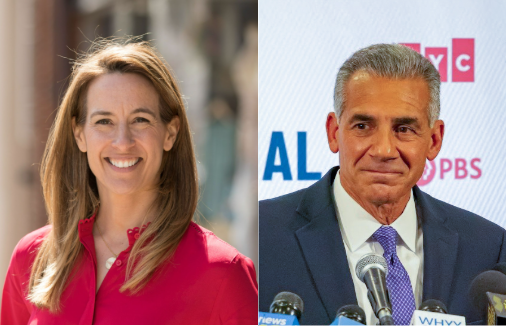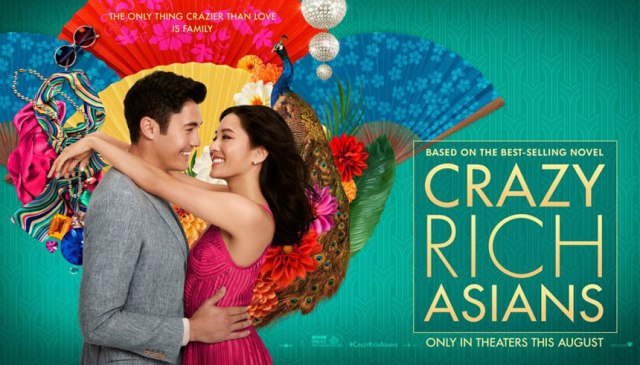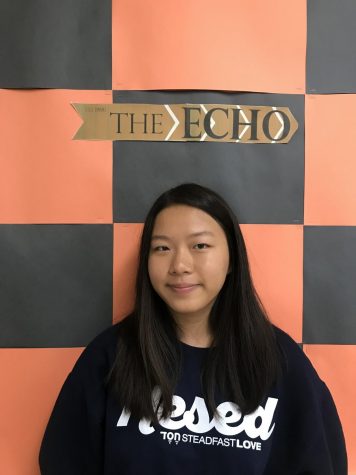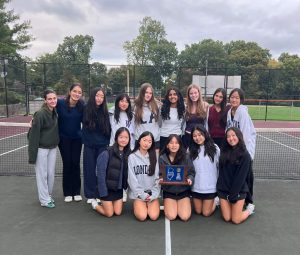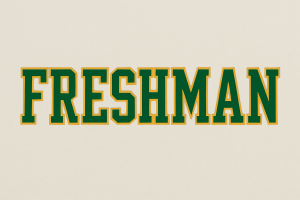Why Crazy Rich Asians Deserved the Hype
September 24, 2018
After hearing everyone rave about Crazy Rich Asians on Twitter for weeks, I had high expectations and hopes going into the Tenafly Cinema. I snuck my snacks in my backpack and settled into a seat in the back corner, behind a group of giggling middle schoolers (who, I am pretty sure, did not meet the age requirement for the PG-13 rating of the movie).
The movie started off with the scene of Eleanor Young (Michelle Yeoh), the mother of the main lead, Nick Young (Henry Golding), asking for the Lancaster suite at a hotel, where she is faced with the racism of bigoted hotel workers who tell her that she must be mistaken; a Chinese family could never possibly have the status or money to book such a luxurious suite. One of the snobby workers says that they are all booked and that maybe the family should look for a hotel “someplace in Chinatown.” It is revealed moments later that Eleanor’s husband bought the hotel, and she uses this to her advantage to tell the shocked workers to clean the mud her son trailed in from the rain on the floor. This opening scene was not even a tenth of the movie in, but it still had a big impact. In Hollywood, Asians have never been depicted as the owners of top-class hotels or anything other than the cliché high school nerds. This scene not only shows the sassy nature and personality of Eleanor, but it also breaks down the stereotypes of Asian status.
Crazy Rich Asians brought in more than $165 million at the box office and has received a rating of 93% on Rotten Tomatoes. Top stars like Chris Pratt, Ellen DeGeneres, and Reese Witherspoon have raved about the movie on social media. So what makes this film so popular? Why has it reached so much popularity? After watching the movie, I would not say Crazy Rich Asians owes its fame to its plot. The plot was the typical Korean drama scenario where the mother of the heir to a major company hates the poor girl her son is in love with. There was nothing new about that. What hit the audience about this movie so well is the representation. Crazy Rich Asians is the first Hollywood movie with an all-Asian cast since The Joy Luck Club in 1993. For 25 years, the Asian actors/actresses in Hollywood were given the same minor roles. “I was surprised to hear about the casting because I usually only see one or two Asian actors in the movies I watch,” said Sally Kim (‘20). We live in America, a country known for being a melting pot. Different cultures and different skin colors are supposed to be recognized, yet the whitewashing in Western entertainment has held back influential Asian figures from being represented in media and cast in films. Crazy Rich Asians gave an opportunity to these figures to be a part of the Hollywood world. Ken Jeong, a supporting role in the movie and one of the most well-known Korean-American Hollywood actors, stated that Crazy Rich Asians was “not a movie, it’s a movement.” This film is the start of more minorities being featured in the Western entertainment world.
One of the most memorable aspects of the film was the soundtrack, a mix of English and Chinese singing. I couldn’t understand what the lyrics of the Chinese songs were saying, but just hearing the exotic songs of another language made the movie feel authentic in its roots to Chinese culture. A special favorite was the Chinese version of “Yellow” by Coldplay, sung by Katherine Ho. This song was played near the finale of the movie, during Nick’s proposal to Rachel Chu (Constance Wu). Another thing I love about the soundtrack is that the directors found Asian Americans to sing these versions of Western songs in their own language. It shows how each part of the movie is trying to include as much representation as possible. Katherine Ho, a Los Angeles-born Chinese-American student, says in an interview with the LA Times, “It’s really cool that this word — yellow — and the song have a deeper meaning past just the plot of the film.” She stated that she and her friends were never that proud to call themselves ‘yellow.’ “It definitely had a lot of negativity associated with it,” Ho confessed. Although the original song was not about Asian skin tone, her interpretation of the song adds deeper meaning into the movie. Entertainment, in the form of music or film, plays a significant role in societal diversity.
I wasn’t the biggest fan of the plot or story of Crazy Rich Asians, but I do believe that this movie was successful in encouraging Asian Americans to not be ashamed of their traditions and culture but rather to value them and be proud.



























































